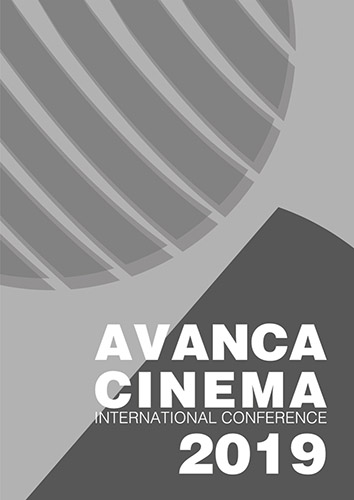Capítulo V _ Invitados
De maio 68 a abril de 1969 imaginários de revoluções no cinema.
Resumen
Fifty years ago, a movement in Paris unleashed a profound change in customs and left deep marks on society, despite its restraint by elections, changes in the university and factories. The ‘events’ of May 1968, because of their breadth, their role in young people and foreigners, the new forms of action and participation that gave rise to them, and certain qualitatively new aspects of the claims presented, not only revealed the political power of the labor movement (paralyzing power and blocking institutions), but they also constituted a “subversive” experience of incalculable theoretical and practical significance in the process of developing social struggles both in France and in other European countries. It also inaugurated a new stage which has come to mean a real “historical change”: “trade union power” gave way to the “workers’ power” that spread throughout Europe - France, Italy, Germany and Sweden itself. The echoes of May 1968 arrived in Portugal immediately, but it is mainly in April 1969 that in Coimbra there is a university crisis that can not fail to be referenced. These events also provoked changes in the cinema that occupied the rooms with dozens of films made in the years that followed and to this day the most recent film that resumes this movement is the film by João Moreira Salles No intenso agora (2017). In Portugal so far no film has plunged deeply into these events. Because? Why is it that after 50 years cinema resumes this theme? Why did Portuguese cinema forget the Coimbra crisis of 1969?

Esta obra está bajo una licencia internacional Creative Commons Atribución 4.0.

